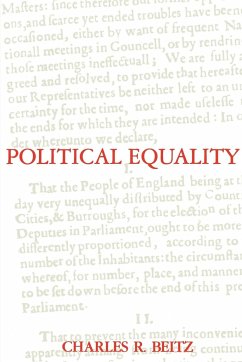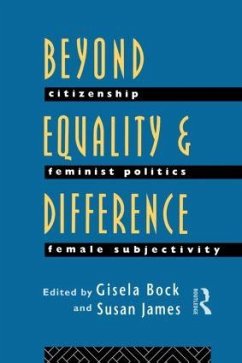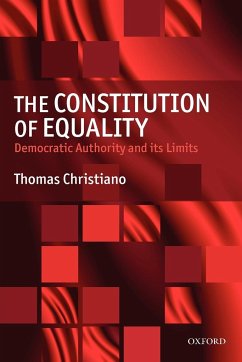
Equality and Preferential Treatment
A Philosophy and Public Affairs Reader
Herausgeber: Cohen, Marshall
Versandkostenfrei!
Versandfertig in 1-2 Wochen
39,99 €
inkl. MwSt.

PAYBACK Punkte
20 °P sammeln!
These essays, with one exception originally published in Philosophy & Public Affairs, consider the moral problems associated with improving the social and economic position of disadvantaged groups. If the situation of women and minorities improves so that their opportunities are equal to those of more favored groups, will they then be in a competitive position conducive to equal achievement? If not, can preferential hiring or preferential admission to educational institutions be justified? The contributors explore the complexities of this problem from several points of view. The discussions in...
These essays, with one exception originally published in Philosophy & Public Affairs, consider the moral problems associated with improving the social and economic position of disadvantaged groups. If the situation of women and minorities improves so that their opportunities are equal to those of more favored groups, will they then be in a competitive position conducive to equal achievement? If not, can preferential hiring or preferential admission to educational institutions be justified? The contributors explore the complexities of this problem from several points of view. The discussions in Part I are more theoretical and concentrate on the application to this case of general considerations from ethical theory. The discussions in Part II also take up theoretical questions, but they start from specific problems about the constitutionality and the effectiveness of certain methods of achieving equality and counteracting discrimination. The two groups of essays demonstrate admirably the close connection between moral philosophy and questions of law and policy. The issues discussed include compensation, liability, victimization, the significance of group membership, the intrinsic importance of racial, sexual, or meritocratic criteria, and the overall effects of preferential policies.












